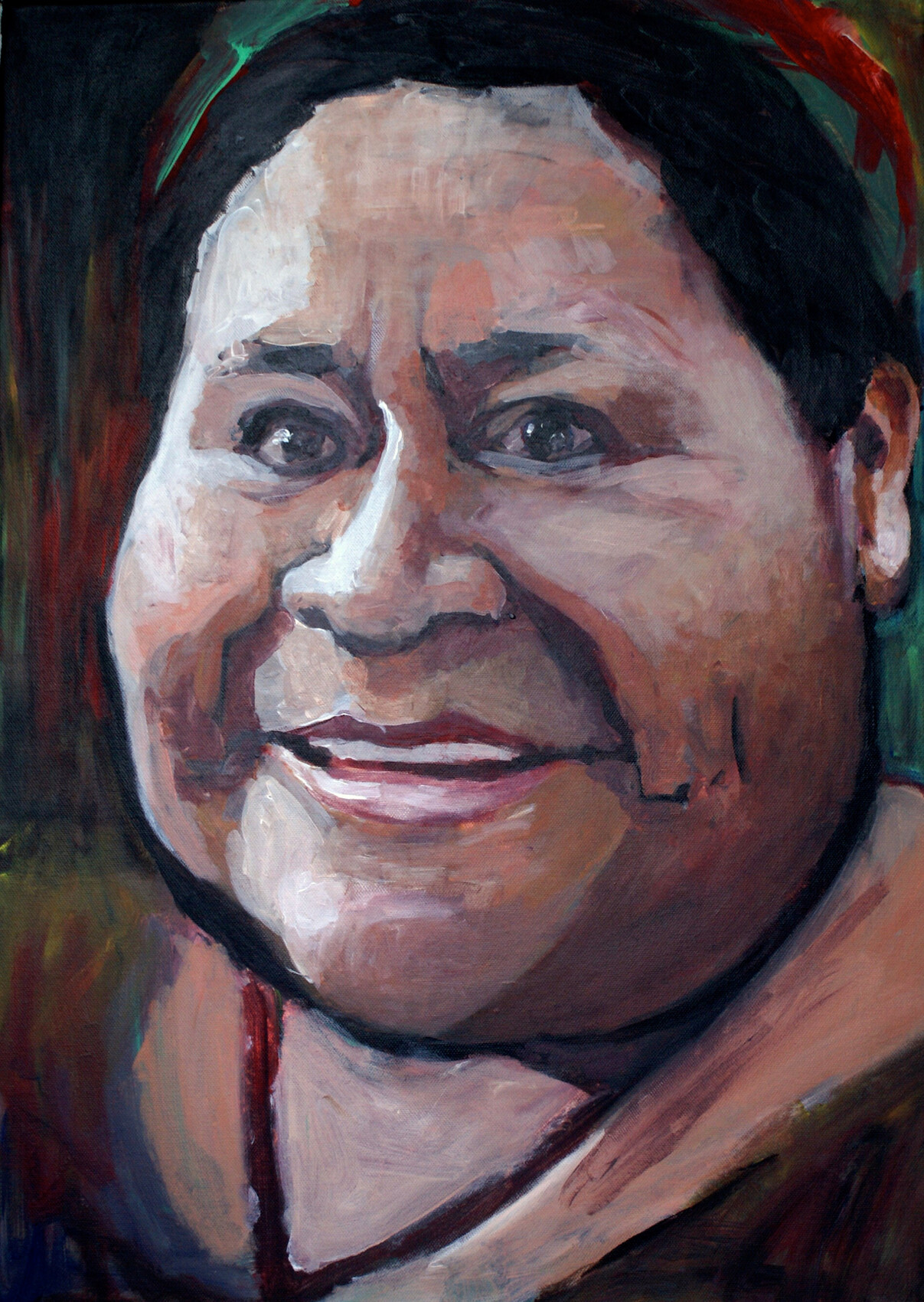

What local research shows is lessening dependence on seasonal migration to coastal plantations, not increasing dependence. Because Peter Canby doubts that this was the case for the Mayan population as a whole, he cites Susanne Jonas, a scholar who is a useful guide to Guatemala on the national level but who has not focused on the Mayan region. Or were many Mayas actually making modest gains before violence hit their region, as I argue? In the case of the Menchús, I demonstrate that Rigoberta’s father, Vicente, was clearly on the rise.


So was Mayan support for the guerrillas an inevitable response to worsening social conditions as portrayed in I, Rigoberta Menchú? This is still the most widespread presumption. From other violence survivors I tended to hear a different story, of being sucked into the war by the organizing wiles of the guerrillas and the brutal reactions of the Guatemalan army. When Menchú told her story in Paris in 1982, this is what she believed and this is what she wanted us to believe, for the understandable reason that three members of her family had been killed by a military dictatorship, prompting her to join the country’s revolutionary movement. In view of Burgos’s explanation that she shifted Menchú’s episodes to maintain chronology, what most surprised me about the tapes is how closely Burgos ended up following them in the book.Īnother issue in the debate over I, Rigoberta Menchú is whether guerrilla warfare was an inevitable response by Mayan Indians to the problems they faced. Now that I have been able to listen to the eighteen hours, I am pleased to report that they bear out my earlier conclusion, as well as the most recent of Menchú’s own statements, that this is indeed her story. But in Peter Canby’s review he rightly takes me to task for failing to listen to all the available tapes of the Menchú-Burgos interviews. The evidence that this was Menchú’s story, as laid out in my book Rigoberta Menchú and the Story of All Poor Guatemalans, is considerable. Because I, Rigoberta Menchú is the life story of a Guatemalan Indian as told to a Parisian intellectual, skeptics have wondered whether interviewer and editor Elisabeth Burgos put words in the mouth of the future Nobel peace laureate.


 0 kommentar(er)
0 kommentar(er)
